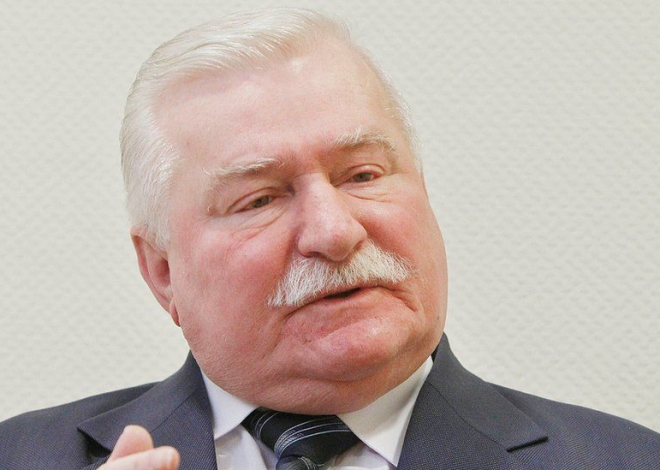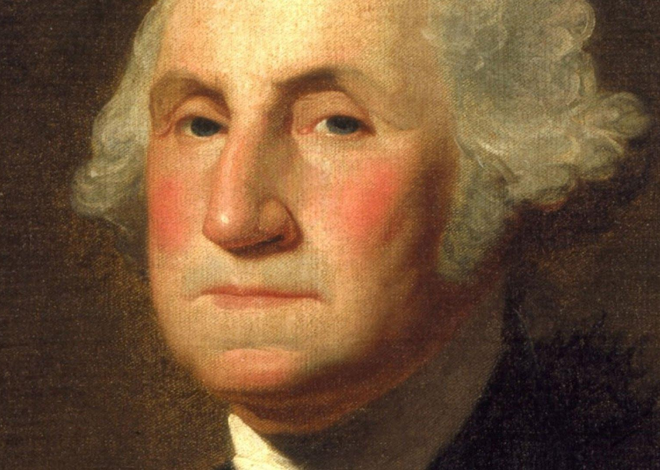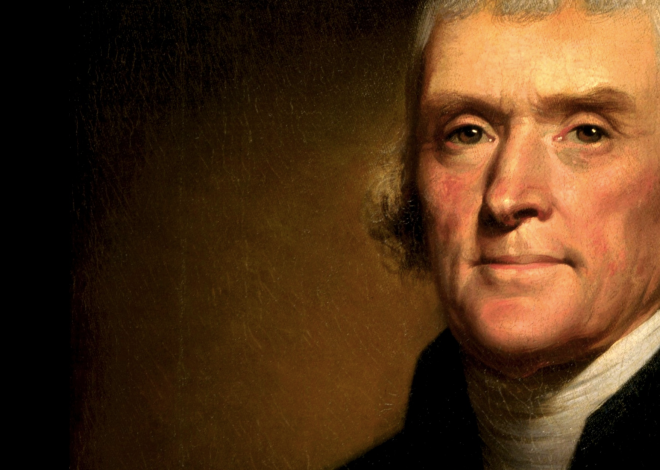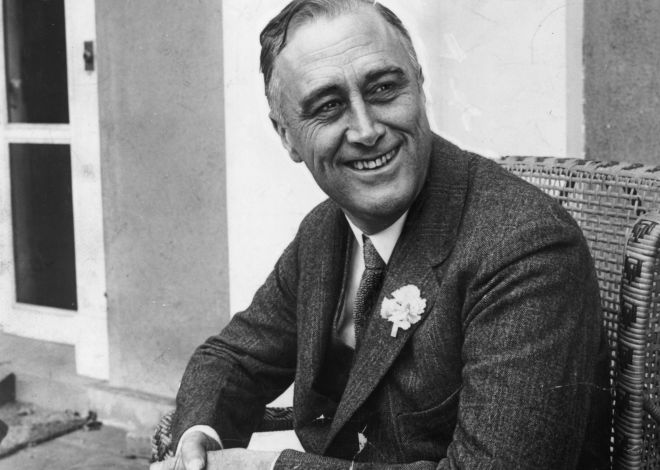
Abraham Lincoln
Abraham Lincoln, one of America’s most revered figures, led a remarkable life.
Here is a detailed life history of Abraham Lincoln:
Early Life and Family:
- Lincoln was born on February 12, 1809, in a one-room log cabin in Hardin County, Kentucky (now part of LaRue County). He was the second child of Thomas Lincoln and Nancy Hanks Lincoln.
- His family was poor, and they moved to Indiana when Abraham was seven years old due to a land dispute and a desire to escape slavery’s expansion in Kentucky.
- At the age of nine, Lincoln’s mother, Nancy, died from milk sickness. His father, Thomas, eventually remarried to Sarah Bush Johnston, a widow with three children, who played a crucial role in Abraham’s upbringing.
Education and Self-Improvement:
- Lincoln’s formal education was limited to about 18 months, but he was an avid reader from a young age. He borrowed books from neighbours and read extensively, educating himself on various subjects.
- His love of learning continued throughout his life, and he became known for his wit, storytelling, and ability to quote from Shakespeare and the Bible.
Early Work and Career:
- As a young man, Lincoln worked a variety of jobs, including rail-splitter, farm laborer, and store clerk. He even operated a small store in partnership with a friend, which eventually failed.
- He pursued a career as a surveyor, and his knowledge of surveying earned him a reputation for accuracy and integrity.
Military Service and Early Political Involvement:
- During the Black Hawk War in 1832, Lincoln served as a captain in the Illinois militia, though he saw little combat. This experience marked his first foray into public service.
- In 1834, Lincoln was elected to the Illinois State Legislature as a member of the Whig Party. He served four consecutive terms, focusing on issues like infrastructure development and education.
Lawyer and Family Life:
- Lincoln began studying law in the late 1830s and became a self-taught lawyer. In 1837, he was admitted to the Illinois bar.
- In 1842, he married Mary Todd, and the couple had four sons, though only one, Robert Todd Lincoln, survived to adulthood.
Political Rise and the Lincoln-Douglas Debates:
- Lincoln’s political career continued to rise. He was elected to the U.S. House of Representatives in 1846 but served only one term, during which he opposed the Mexican-American War.
- His political prominence grew during the 1850s as he became a leading figure in the newly formed Republican Party. In 1858, he engaged in a series of famous debates with Senator Stephen A. Douglas during the Illinois Senate campaign, where he articulated his opposition to the spread of slavery.
Presidential Election and Civil War:
- In 1860, Lincoln emerged as the Republican candidate for president. He won the election, becoming the 16th President of the United States. His election led to the secession of several Southern states and the outbreak of the Civil War.
- As president, Lincoln faced the daunting challenge of preserving the Union and ultimately issuing the Emancipation Proclamation in 1863, which declared that all slaves in Confederate-held territory were to be set free.
Second Term and Assassination:
- In 1864, Lincoln was reelected for a second term as president. He prioritized the end of the Civil War and the passage of the 13th Amendment, which abolished slavery.
- Tragically, on April 14, 1865, Lincoln was assassinated by John Wilkes Booth while attending a play at Ford’s Theatre in Washington, D.C. He died the following day, on April 15, 1865.
Legacy:
- Lincoln is celebrated as one of America’s greatest presidents. His leadership during the Civil War, his commitment to preserving the Union, and his role in ending slavery have left an indelible mark on the nation.
- Lincoln’s legacy includes the Emancipation Proclamation and the 13th Amendment to the U.S. Constitution, which abolished slavery.
- He is also known for his eloquent speeches, including the Gettysburg Address, and his enduring impact on American democracy, freedom, and the pursuit of a more perfect union.
Lincoln’s life story is a testament to his resilience, self-improvement, and dedication to the principles of liberty and equality. He is celebrated as a symbol of American leadership and integrity.







